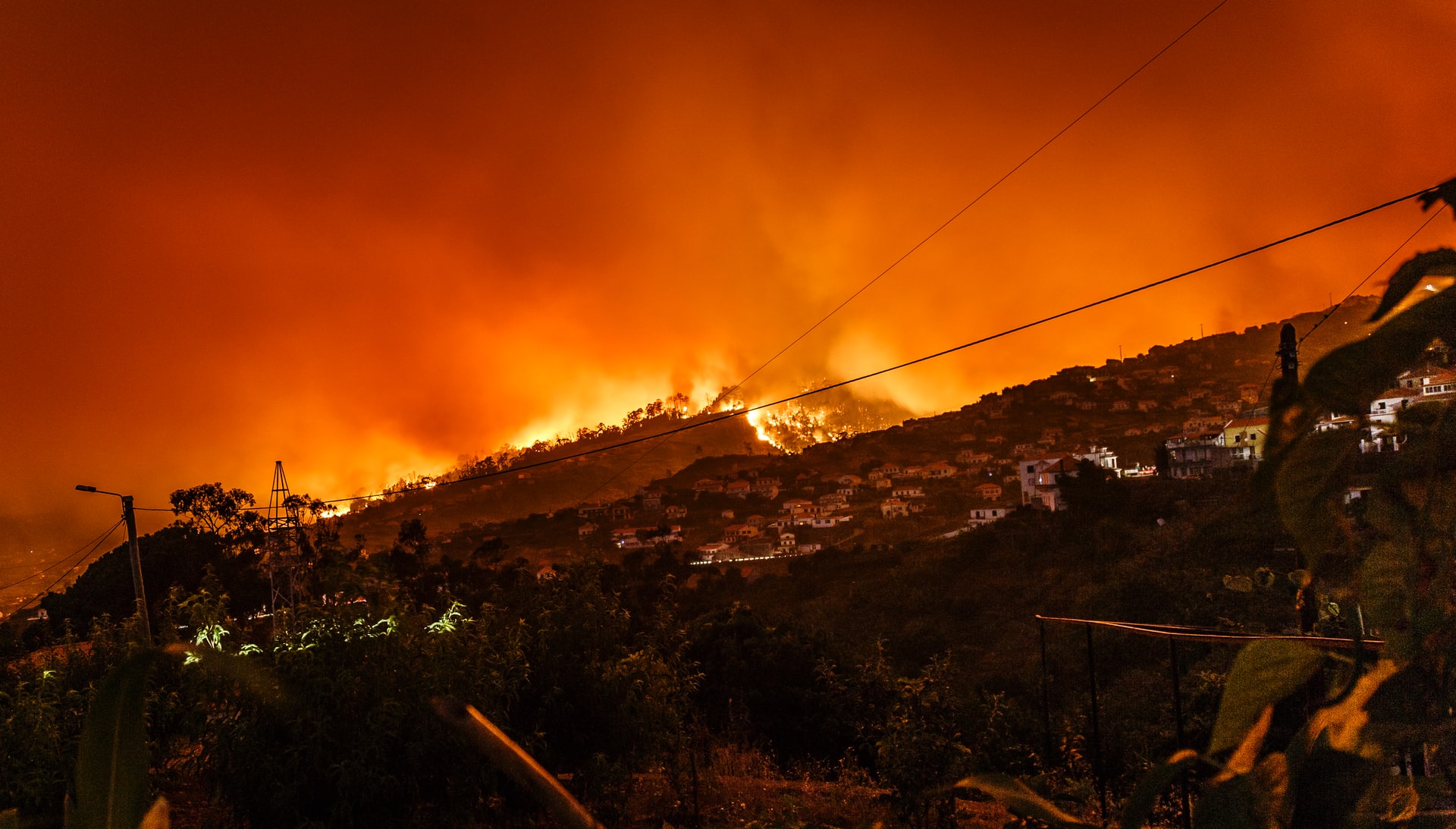
[Listen to an audio version here]
The Imperiled World
When people look around the world, they see an imperiled world. They see a world that is threatened by climate change, war, terrorism, income inequality, racism, materialism, or tyranny. When the prophets looked at the world, they also saw an imperiled world. However, they saw the world imperiled in a different way. Behind all the challenges the world faces, they saw the wrath of God coming against the world.
This is how the book of Zephaniah begins: “‘I will sweep away everything from the face of the earth,’” declares the Lord” (Zeph. 1:2). What Zephaniah sees coming is the great day of the Lord. “The great day of the Lord is near—near and coming quickly. . . . That day will be a day of wrath—a day of distress and anguish, a day of trouble and ruin, a day of darkness and gloom, a day of clouds and blackness” (Zeph. 1:14–15).
Notice that Zephaniah calls this event “the day of the Lord.” The day of the Lord has a lot of different meanings in the Bible. It can refer to any time God comes in judgment on a nation or an individual. It can refer to His acts of wrath and of deliverance. All of these point, however, to a final day when God will come and judge the world. In Zeph. 3, God declares what this will be like. “I have decided to assemble the nations, to gather the kingdoms and to pour out my wrath on them—all my fierce anger. The whole world will be consumed by the fire of my jealous anger” (Zeph. 3:8). This is the great day of the Lord.
So, the question in the prophets is this, how does the world survive the wrath of God? How does history have any hope? When the prophets consider man’s sin and God’s holiness, all they can see is judgment and wrath.
